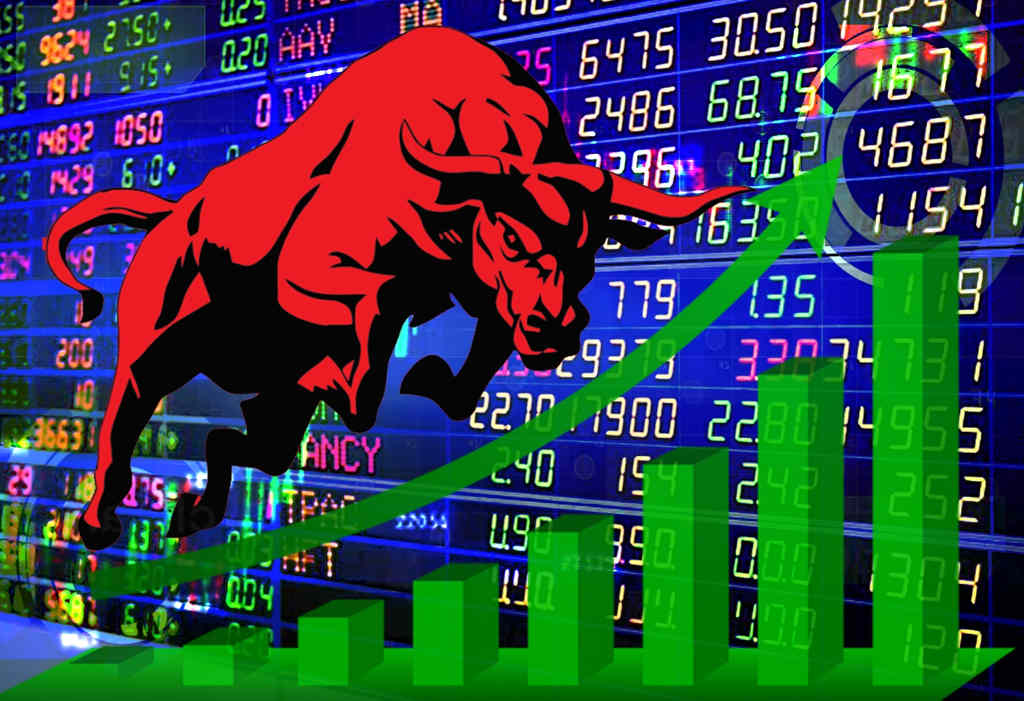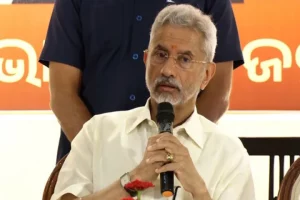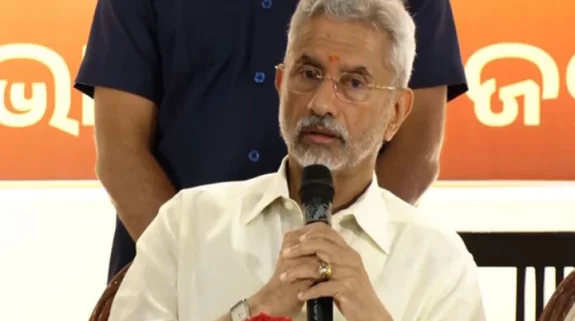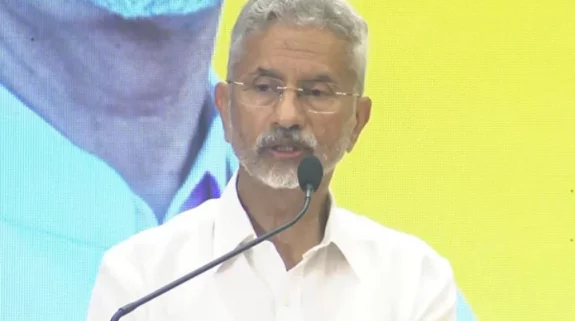The Reserve Bank of India (RBI) has in its annual report flagged the risk of a stock market bubble as the prices of shares have been soaring even though the real economy has been contracting due to the pandemic.
India’s benchmark indices, the Sensex and Nifty, have more than doubled over the last year with share prices of various companies skyrocketing despite the contraction in the country’s GDP.
“This order of asset price inflation in the context of the estimated 8 per cent contraction in GDP in 2020-21 poses the risk of a bubble,” the RBI report states.
The RBI sees a high risk in share prices being driven up, with hot money pouring into the stock markets from foreign portfolio investors, although the prospects of a matching rebound in real economic growth are lacking due to the adverse fallout of the coronavirus pandemic.
The RBI report appears to be referring to the risk of this hot money leaving the country at short notice which would lead to a bursting of the stock market bubble and causing huge losses to investors as the market cap of various companies across the spectrum is wiped out.
Apart from widespread losses to portfolio investors such a sudden exit of foreign money in the face of a collapsing stock market would also send the rupee into a tailspin and weaken the macroeconomic fundamentals of the economy.
The rise in stocks despite the contraction in the real economy has been the pattern in other countries as well with governments pumping in money as part of stimulus packages to keep economic activity going.
“Prices of risky assets surged across countries to record high levels during the year on the back of unparalleled levels of monetary and fiscal stimulus, and the turn in market sentiments following positive news on the development of vaccines,” the RBI report states.
The widening gap between stretched asset prices relative to prospects for recovery in real economic activity, however, emerged as a global policy concern, the report points out.
“The stock price index is mainly driven by money supply and foreign portfolio investor (FPI) investments. Economic prospects also contribute to movement in the stock market, but the impact is relatively less compared to money supply and FPI,” according to the RBI report.
Indian equity markets received a record level of FPI inflows at Rs 2.74 lakh crore ($37 billion) in 2020-21. The previous high was in 2012-13, when foreign investors had pumped Rs 1.4 lakh crore into domestic markets ($25.8 billion), according to data compiled by NSDL.
Some financial analysts defend the rise in share prices as a rational phenomenon as investors are looking at the future when putting their money in stocks. They are also of the view that the increase in blue-chip shares is justified as these companies are expected to grow even stronger as their rivals lose ground.




















